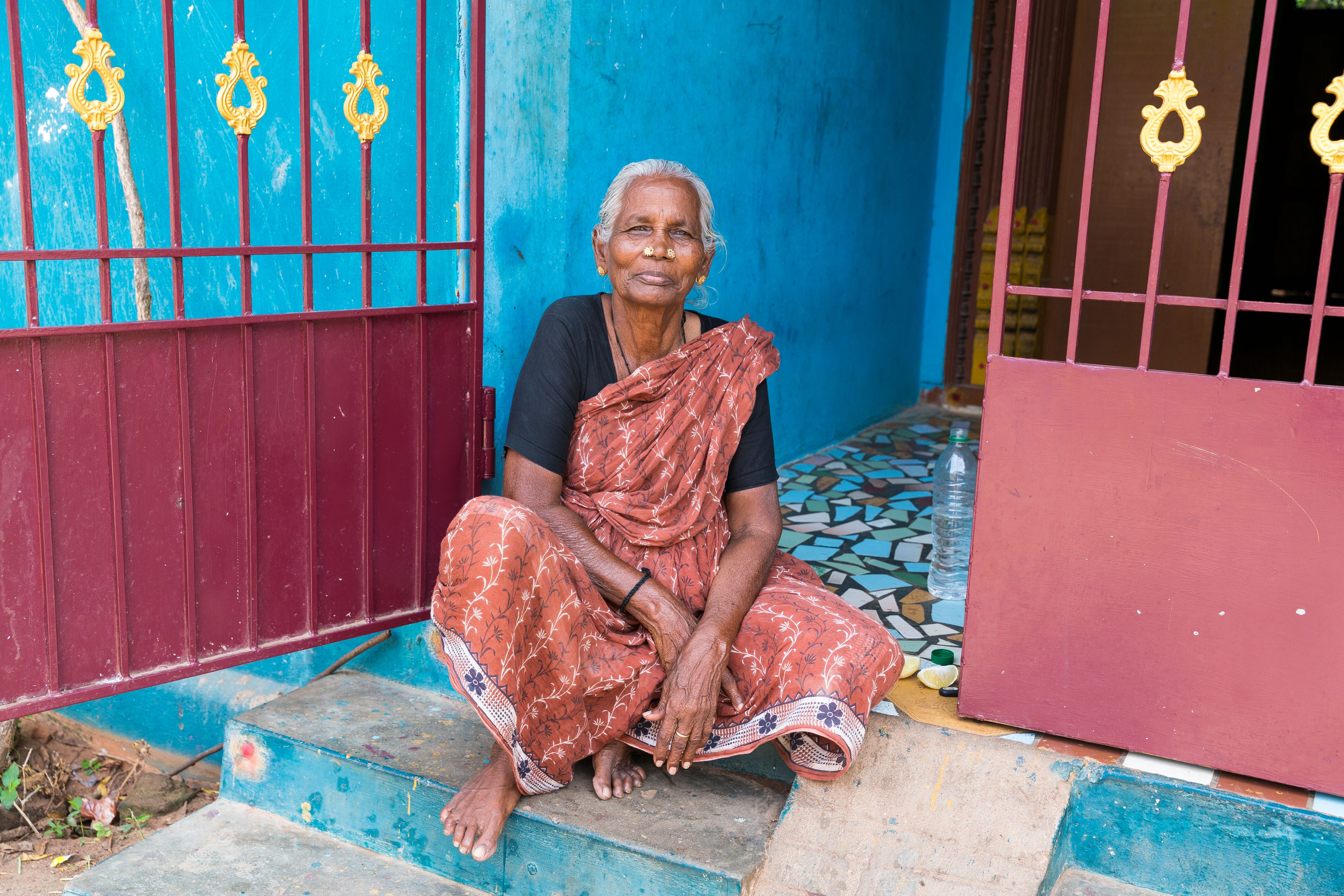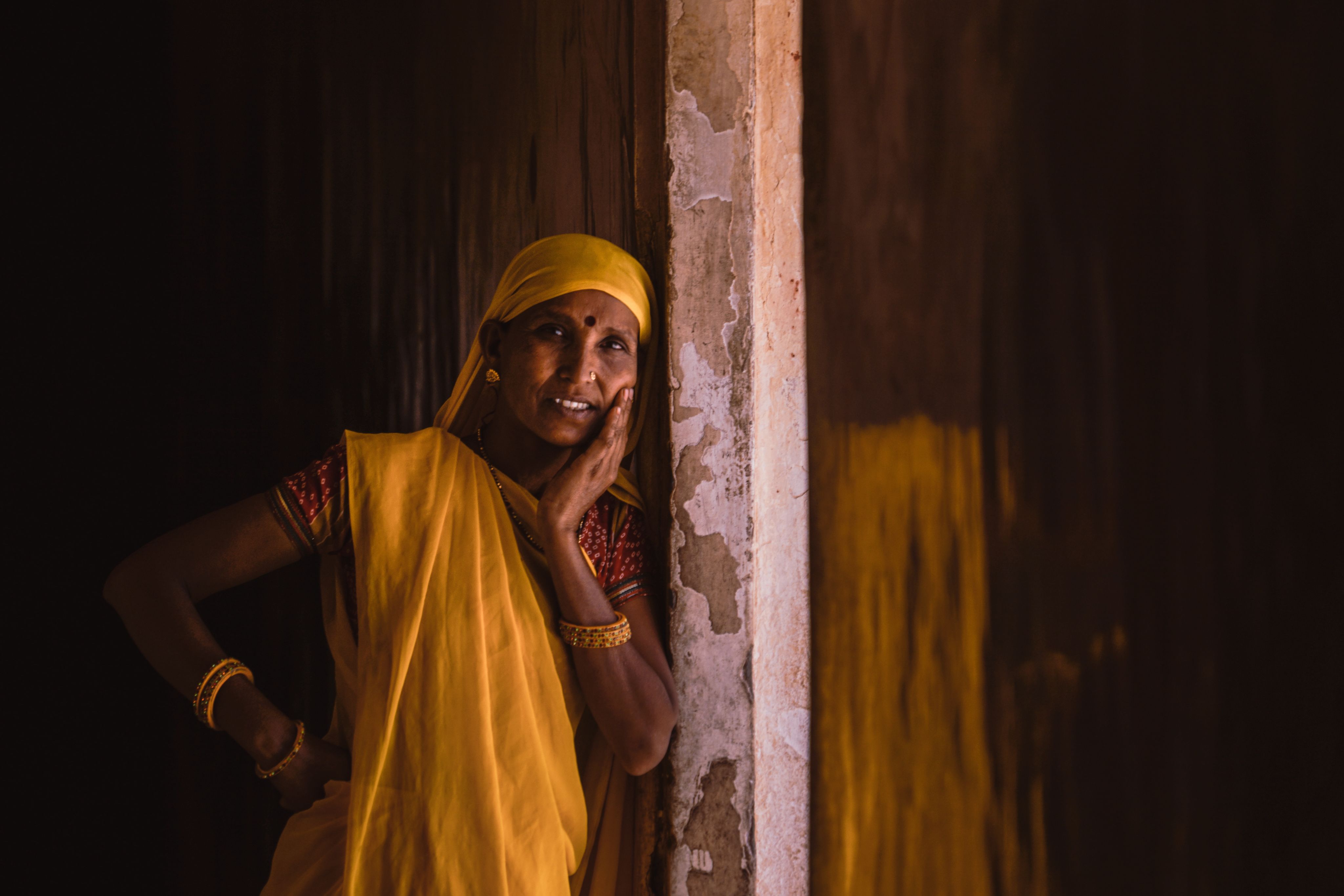INDIA
Better Data, Better Evidence, Better Lives in Tamil Nadu

“I think one of the critical elements in good governance is to make decisions based on sound data and sound analysis,” said Mr. S. Krishnan, Former Planning Secretary, Government of Tamil Nadu, in India’s southernmost state. “Access to good research and analysis is very important to make sound decisions.” Mr. Krishnan knows firsthand how good data can help bring problems to light resulting in informed, evidence-based decision-making.
Tamil Nadu is at the forefront of a demographic transition and ageing is an important policy concern. It is estimated that those aged 65 and older will make up 22% of the population by 2051, far greater than India’s projected national average of 12%. This projection presented the state government with new challenges requiring robust data to inform policy decisions.
For this reason, in 2019, the government launched the first-ever survey of older people in the country’s sixth most populous state, which over 72 million people (about twice the population of California) call home.
The Elderly Panel Survey aimed to collect high-quality data on the financial situation, physical and mental health and well-being of older people to understand their needs and challenges and use that understanding to set priorities and design policies to improve their situation.

Survey Results Lead to
Evidence-based Policy Decisions
When the survey data had been collected and analyzed, government evaluators were surprised to find that 14% of the elderly surveyed were living alone—over 87% of them women—and were worse off economically and socially than older people who were living with families. Elderly women, especially those living alone, were found to have higher rates of poor mental health, functional impairment, and cognitive impairment. The findings led the government to establish elderly resource centers in all 38 state districts in 2020.
The data also exposed issues related to pension disbursements—for instance, many elderly were potentially eligible for but not receiving their monthly pension. In 2021, this finding informed the government’s decision to increase the budget allocation for the Old Age Pension Plan to expand the coverage of the program and address systemic issues to ensure that more elderly people could access these benefits.
“[Not having research and analysis up front] has a big cost on public money, that has a big cost on welfare, and it also makes for poor decisions in certain cases which you realize only much later,” said Mr. Krishnan. “So, if you're able to do this analysis up front, then it certainly helps in making better decisions.”
The landmark survey was launched following training from the Center for Learning on Evaluation and Results for South Asia (CLEAR-SA), a Global Evaluation Initiative (GEI) implementing partner. Part of GEI’s mission is to strengthen national monitoring and evaluation systems around the world, and CLEAR-SA is working to increase the use of data for decision-making in Tamil Nadu.

Long-term Support, Deep Engagement
For almost five years, CLEAR-SA, which is hosted by the Abdul Latif Jameel Poverty Action Lab South Asia (J-PAL South Asia), provided officers from the Government of Tamil Nadu’s Department of Economics and Statistics with capacity-building support and training workshops on sampling, questionnaire design, and data quality to enable rigorous and efficient data collection including the use of tablets and new quality assurance mechanisms to improve survey data usability.
“One of the most important features of the [Elderly Panel Survey] was that field level functionaries of the department learned how to use tablets to collect this data,” said Dr. Girija Vaidyanathan, Former Chief Secretary, Government of Tamil Nadu; Principal Investigator on the Elderly Panel Survey. “Though the field officials of the department had not worked with such devices earlier, they did a very good job, and we were quite happy with the outcomes. I think it has institutionalized the use of such devices and software within the department.”
A key feature of CLEAR-SA’s approach towards supporting sustainable systems-level change in the state is long-standing and strategic engagements across multiple government departments, combining technical advisory, evidence-sharing, and capacity-building efforts.
Supporting system-level change requires long-term commitment and a multifaceted approach. In a context where priorities may shift with each election cycle and policy changes often take years, patience and persistence are paramount. Furthermore, a well-established data infrastructure ensures that accurate and timely information is available to policymakers, contributing to the effectiveness and efficiency of government initiatives and facilitating the assessment of policies and programs.
“Robust data systems are fundamental for effective national M&E systems,” said Ms. Megha Pradhan, Director of CLEAR-SA. “We are confident that embedding these high-quality data collection practices within the government will bolster the government’s use of data and evaluations for planning and decisions. We are excited to continue to support the Government of Tamil Nadu in its efforts to use evidence more effectively in meeting the state’s development and social goals.”
In late 2021, CLEAR-SA and J-PAL South Asia organized several government convenings and workshops to share evidence from the Elderly Panel Survey and to support the development of the Senior Citizen Policy, the draft of which was released in 2022 and is currently under government review.

Story by Graham Holliday